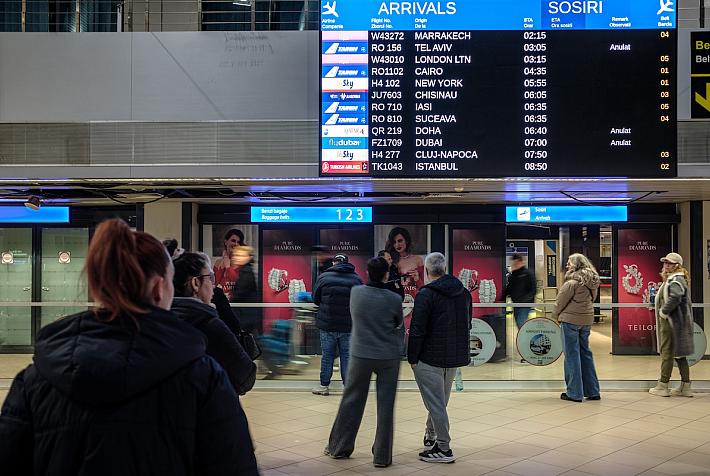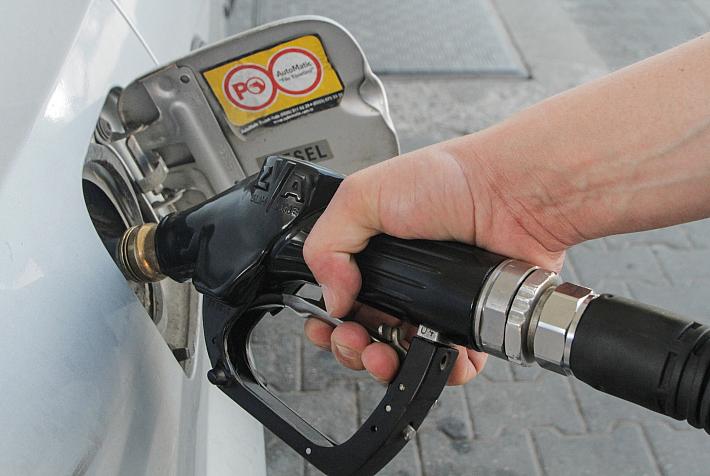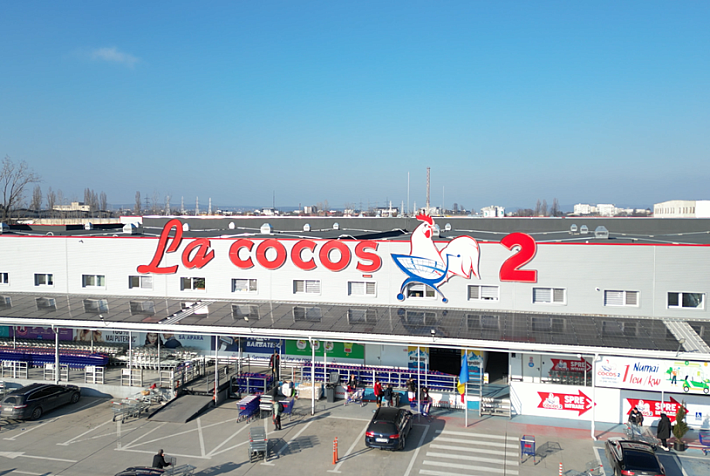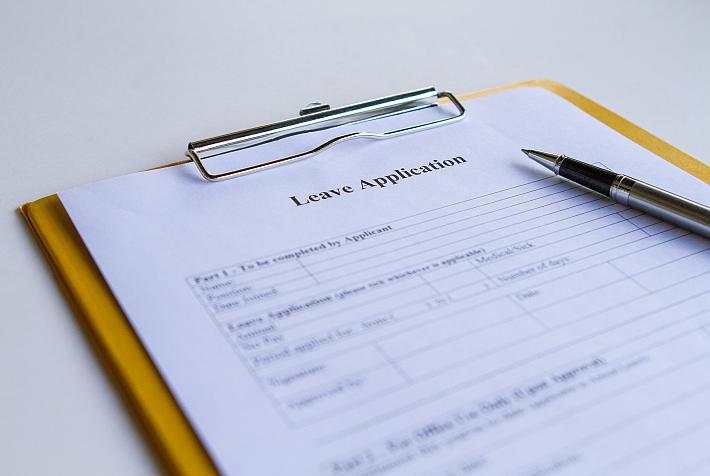“Sustainability is the future, not a trend”: business leaders talk green future, new challenges at Sustainability Meets Profitability
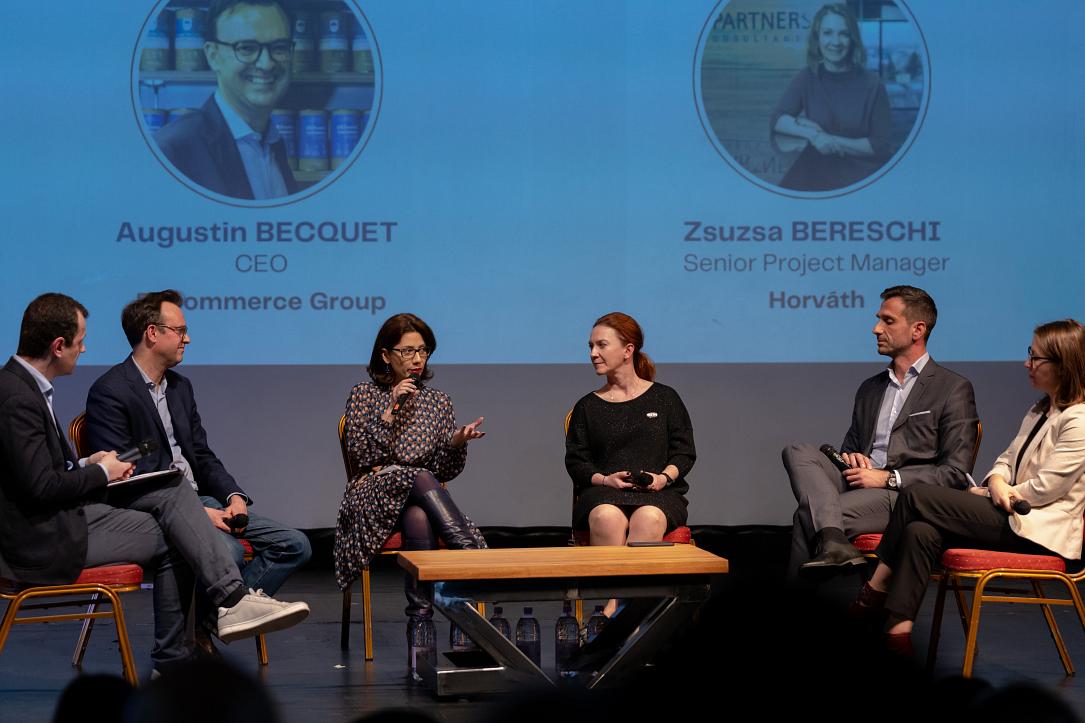
Industry leaders as well as startup founders and experts from NGOs argued that being green can be profitable at Sustainability Meets Profitability: How sustainability can benefit the bottom line for businesses in Romania, an event organized by La French Tech Romania and Romania Insider.
The Luceafarul Hall (the former Cinema Pro) in downtown Bucharest welcomed roughly 500 guests from small startups and large corporations, all involved in implementing sustainability in their business models.
Present for the event, French ambassador to Romania Laurence Auer was among the first speakers. She argued that European companies are paramount for the future green development of the EU and that investment and vision are needed if Europe is to compete with Japan, China, or the US in the field of electric batteries and cars.
As part of the first panel, Oana Grosanu, executive director at the Embassy of Sustainability, an NGO working with companies in Romania, said that there is a fundamental connection between healthy companies and a healthy planet. “Without profitability, we cannot talk about a sustainable business model,” she argued, adding that ESG (Environmental, Social, and Governance) factors should be embedded in every facet of a company for that same goal. Grosanu also noted that for many companies, sustainability used to mean minimizing reputation risks, but that this is no longer the case, as a shift in mentality has taken place among all stakeholders, from clients to investors.
“You cannot do sustainability on your own, it’s a collective effort,” Grosanu added, underlining a program of the NGO, SustainAbility School, which aims to educate entrepreneurs and executives on topics relevant to the ESG agenda. The sessions in the program are online and spread know-how regarding sustainability from specialists.
Also part of the same panel, Corina Chicu, marketing director for Europe Central and South at Michelin, said that sustainability is not a trend, but the future. “To be present tomorrow, companies need to be sustainable,” she added, noting Michelin’s contribution to developing environmentally-friendly tires fitted for heavier electric vehicles.
Sustainability is here to stay, argued Zsuzsa Bereschi, senior project manager with Horváth, explaining that it is coming from a real need to have sufficient resources in the long term. In addition to regulations and frameworks developed by the UN or EU, there is also consumer pressure towards this, as well as pressure from the financial markets to invest in sustainable projects.
Augustin Becquet, the CEO of Recommerce Group, pointed to the recent EU ‘right to repair’ proposal, which tackles obstacles that discourage consumers to repair due to inconvenience, lack of transparency or difficult access to repair services. Recommerce, which is active in the circular economy sector with its model that entails selling refurbished smartphones, needs more generic spare parts to be able to repair more items, he explained.
In his turn, Alex Skouras, co-founder and managing partner of developer Alesonor, highlighted the shift in demand from customers who are now, as opposed to only seven years ago, more interested in the green features of residential buildings.
The second panel of the event featured representatives from BRD Groupe Société Générale, Airbus, BakerTilly, but also NGO eEco, and start-up hello MOTUM. They argued that the war in Ukraine and the higher energy costs accelerated initiatives aimed at sustainability and that clients are always asking companies to do more on the green front.
Maria Rousseva, deputy CEO of BRD Groupe Société Générale, developed on this idea, while pointing out that the bank launched green products for retail clients as well last year and found, following its Sustainability Summit last fall, that clients think companies should do more on the topic. Meanwhile Yadine Laviolette, environment & sustainability marketing manager with Airbus, pointed to how the pandemic reinforced the need for change and sustainability. She explained several solutions are needed to tackle and implement sustainability in the industry, ranging from new technologies and sustainable operations to clean fuel and carbon capture technology.
Sustainability should and does lead to higher profitability, Monica Ioannidou Polemitis, director Strategy & Management Consulting with Baker Tilly, argued. Market pressures and regulation drive the sustainability agenda, she explained, noting that the segment of retail clients is more sensitive to whether products and services are sustainable or not.
Alexandra Voinea, the co-founder & COO of hello MOTUM, a beta-phase app that allows users to choose sustainable means of transport, brought up the interest of the public in knowing their mobility footprint but also the need at times for more regulatory support.
Despite the shift towards ESG, problems remain. “Many companies don’t yet have the sustainability agenda integrated into their development strategies. It’s easy for them to postpone sustainability projects. There’s a lot of wishful thinking, less implementing,” said Teodora Ghenciu, founder at eEco.
Radu Dumitrescu, radu@romania-insider.com
Simona Fodor, simona@romania-insider.com
(Photo source: Vlad Rotaru, Rampart Media)







